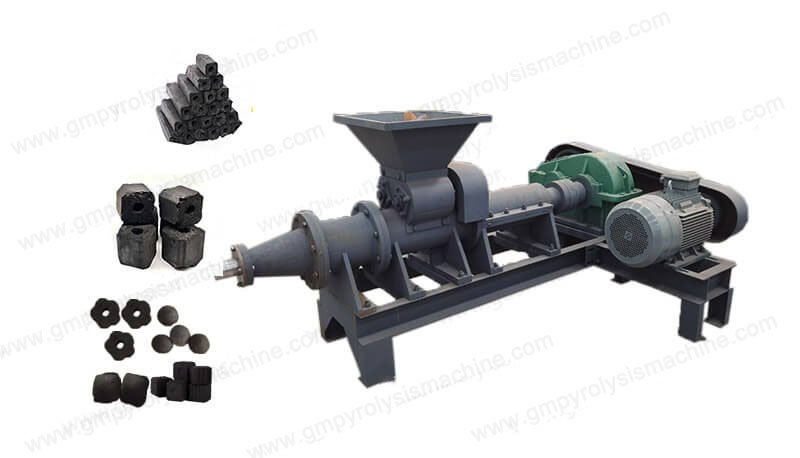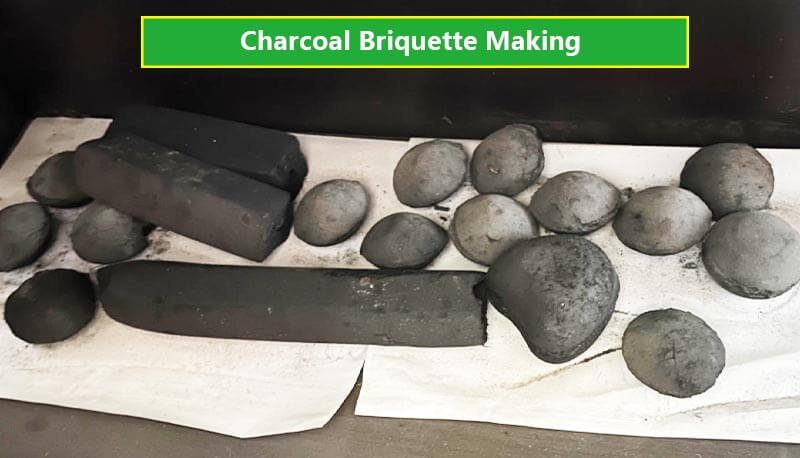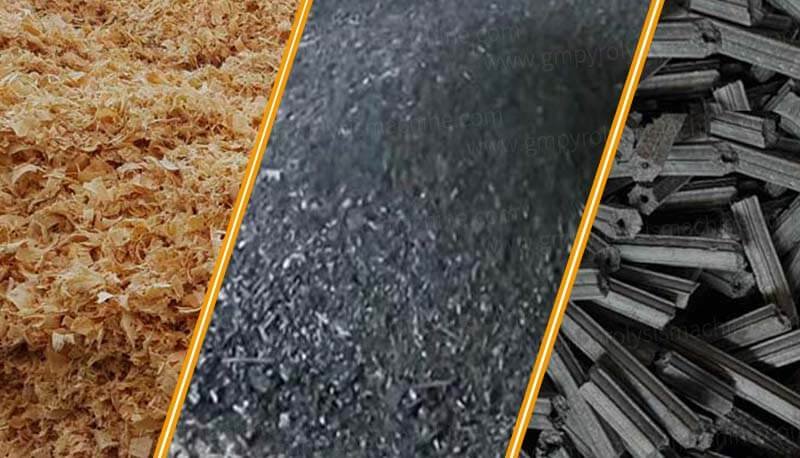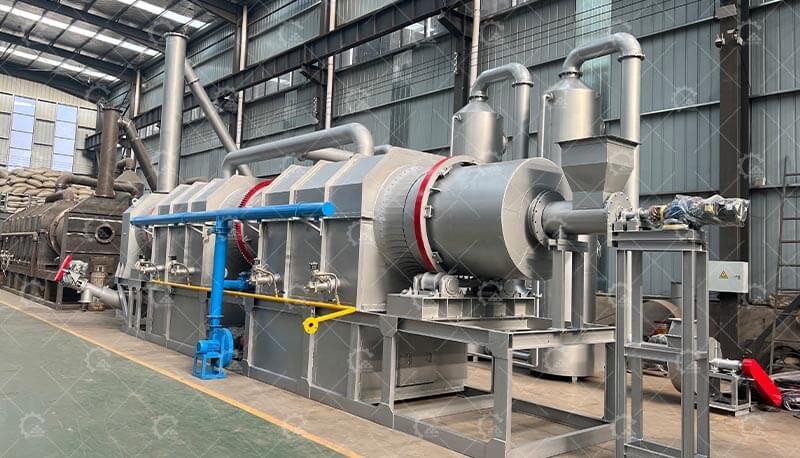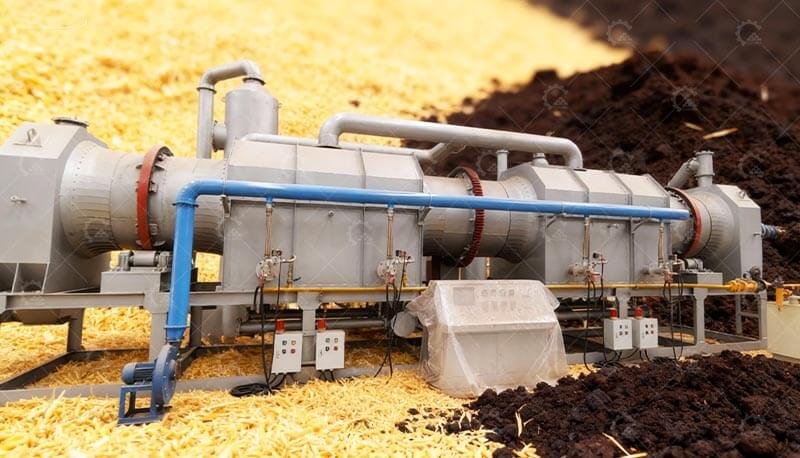Understanding Charcoal Manufacturing Machine Costs
The global charcoal market, driven by sustainable energy demand and industrial applications, is projected to reach $6.4 billion by 2028. For entrepreneurs and businesses, investing in a charcoal manufacturing machine offers a lucrative opportunity, depending on type, automation, and production capacity.
1. Charcoal Manufacturing Machine Types & Price Ranges
Charcoal production equipment spans manual, semi-automatic, and fully automated systems. Below are common machines and their 2025 cost estimates:
A. Charcoal Briquette Machines
Manual/Small-Scale Machines: Ideal for startups, these cost $1,000–$3,000 (This data is for reference only)and produce 100–300 kg/hour. Examples include basic screw press models for biomass or sawdust.
Semi-Automatic Machines: Priced at $3,000–$8,000(This data is for reference only), these handle 500–1,000 kg/hour and include features like mold customization (e.g., pillow, oval, or honeycomb shapes).
Fully Automated Lines: For large-scale operations, costs soar to $10,000–$15,000+(This data is for reference only), offering 2–5 tons/hour output with integrated crushing, drying, and carbonization systems.
B. Specialized Production Lines
BBQ Coal Machines: Designed for high-density fuel, prices range from $2,000–$10,000(This data is for reference only), depending on output and shaping capabilities.
Shisha Charcoal Machines: Compact systems for hookah charcoal cost $4,000–$12,000(This data is for reference only), featuring low-smoke carbonization and polishing units.
Coconut Shell Charcoal Plants: Advanced setups with pyrolysis reactors and briquette molding cost $15,000–$50,000+(This data is for reference only), tailored for eco-conscious markets.
2. Key Factors Influencing Charcoal Machine Costs
A. Production Capacity
Higher throughput demands heavier machinery.
B. Technology & Automation
Automated systems with AI-driven controls or IoT integration (e.g., temperature-regulated carbonization furnaces) add 20–40% to base prices but reduce labor costs by 30%.
C. Raw Material Compatibility
Machines processing diverse inputs (e.g., rice husks, bamboo, coconut shells) require adjustable molds and crushers, increasing costs by $1,000–$5,000(This data is for reference only).
3. Hidden Costs & Operational Expenses
Installation & Training: Technical support and setup fees range from $500–$2,000(This data is for reference only), depending on complexity.
Maintenance: Annual servicing costs $300–$1,000(This data is for reference only), with spare parts like molds ($200–$500) and motors ($150–$400).
Energy Consumption: Pyrolysis-based systems consume 15–25 kWh per ton, adding $50–$150/month(This data is for reference only) to utility bills.
4. ROI Analysis: Maximizing Profit Margins
A mid-sized charcoal briquette plant ($10,000 investment) (This data is for reference only)processing 2 tons/day can achieve:
Revenue: $400–$800/day (wholesale price: $0.20–$0.40/kg)(This data is for reference only).
Break-Even Period: 8–14 months, factoring in raw material costs ($0.05–$0.10/kg) (This data is for reference only)and labor.
Government Incentives: Programs like the EU’s circular economy grants or India’s biomass subsidies can offset 10–25% of setup costs.
5. How to Reduce Initial Investment
Wholesale Purchasing: Bulk orders from Guanma Machinery suppliers offer 5–15% discounts.
Modular Designs: Guanma Machinery’s customizable lines allow phased investments, starting with a $3,000 manual press and scaling up.
Is a Charcoal Manufacturing Machine Worth the Cost?
With ROI potential exceeding 20% annually, charcoal machinery is a strategic investment for 2025. Prioritize suppliers offering aftersales support, and energy-efficient designs (e.g., Guanma Machinery).

